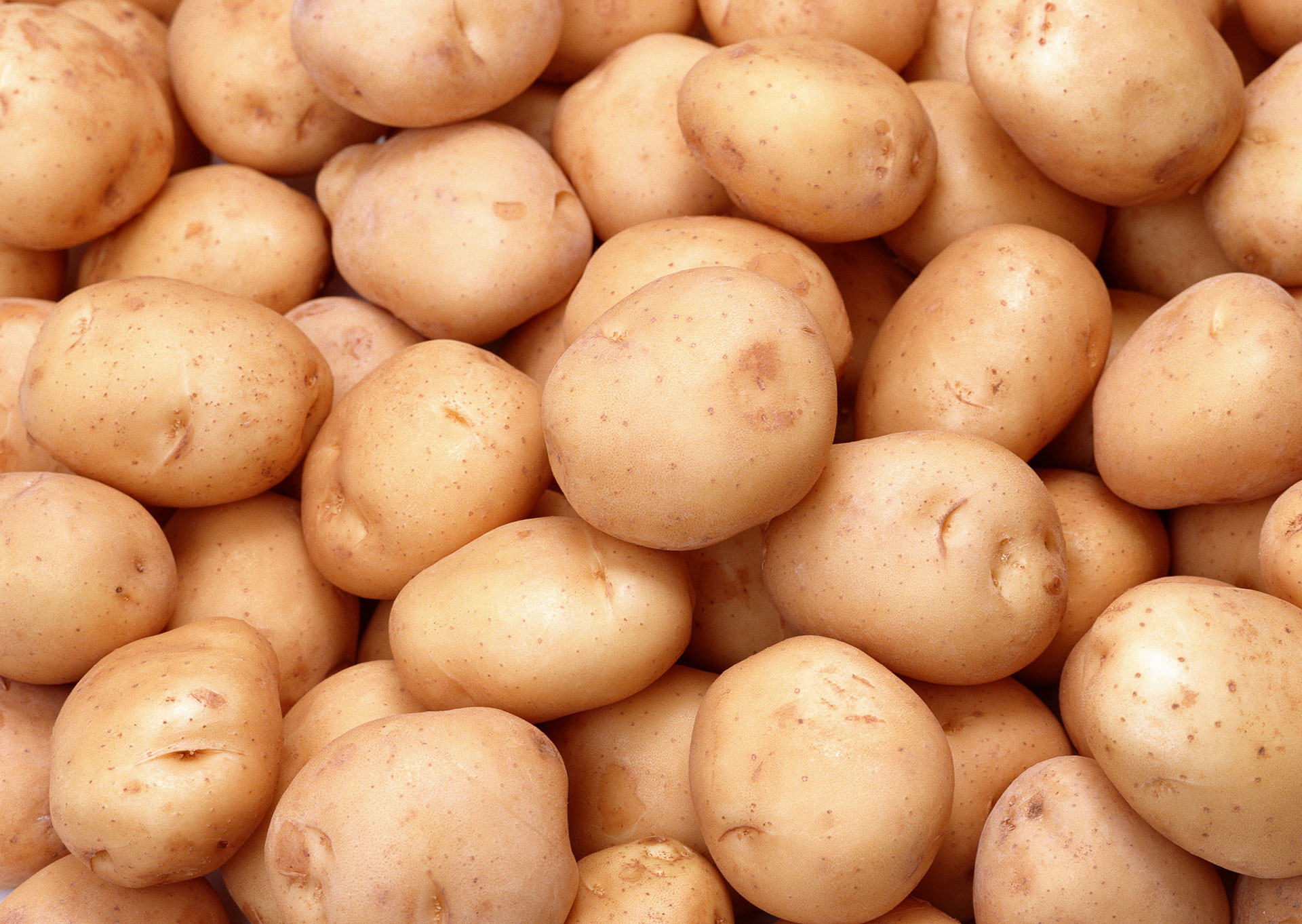Nutrient demand
Due to high production potential and the accumulation of starch in the tubers, potato crops require large amounts of nutrients, especially potassium.

Dean, 1994
Potato crops remove two to three time more potassium than nitrogen.
The specific contributions of the nutrients on potato yield and quality.

Summary of main nutrient functions
Each element has specific functions within the potato development.
Nitrogen: Synthesis of proteins (growth and yield). Nitrate participates in the formation of cytokinins.
Phosphorus: Helps to form and develop the root system and energetic compounds and aids in cellular division.
Potassium: Transports carbohydrates, regulates osmosis, stomata control, photosynthesis enhancement, reduces susceptibility to diseases.
Calcium: Improves tuber storage and skin quality and reduces susceptibility to diseases.
Sulfur: Synthesis of essential amino acids, cysteine and methionine.
Magnesium: Indispensable part of the chlorophyll molecule.
Iron: Synthesis of chlorophyll.
Manganese: Needed for the photosynthesis process.
Boron: Formation of the cellular wall (pectins and lignins). Participates in the metabolism and transport of sugars.
Zinc: Synthesis of auxins.
Copper: Influences the metabolism of nitrogen and carbohydrates.
Molybdenum: Part of the nitrate reductase enzyme and nitrogenase.




